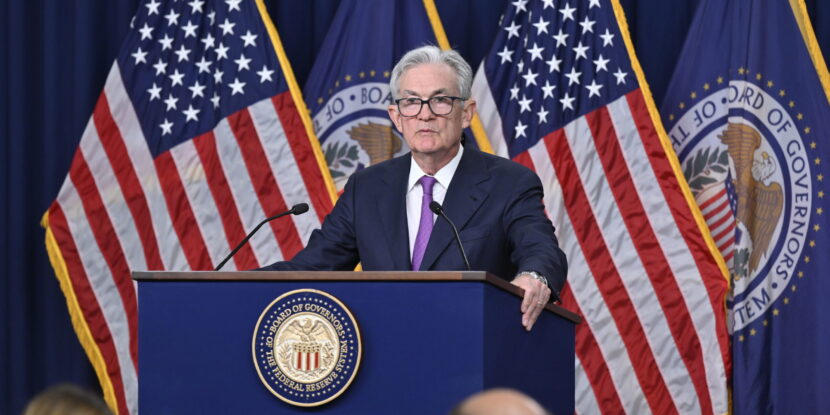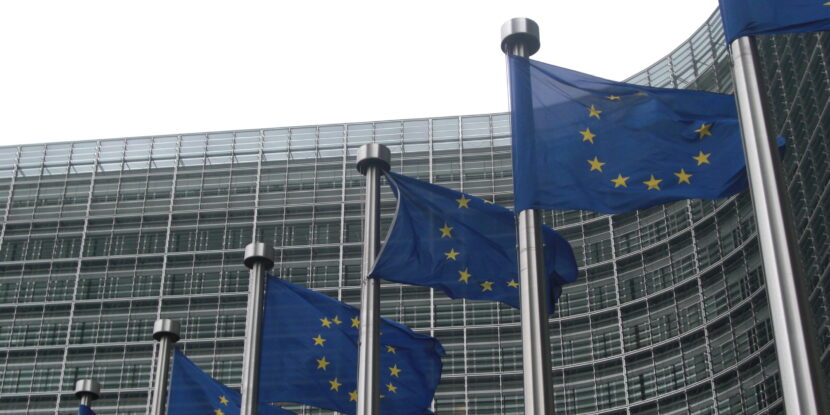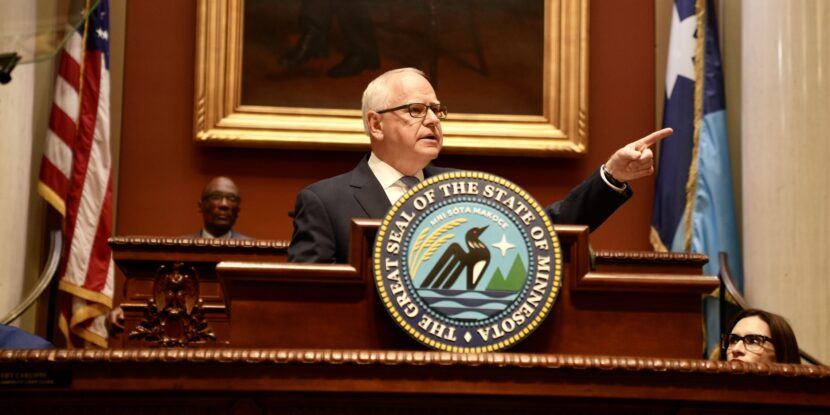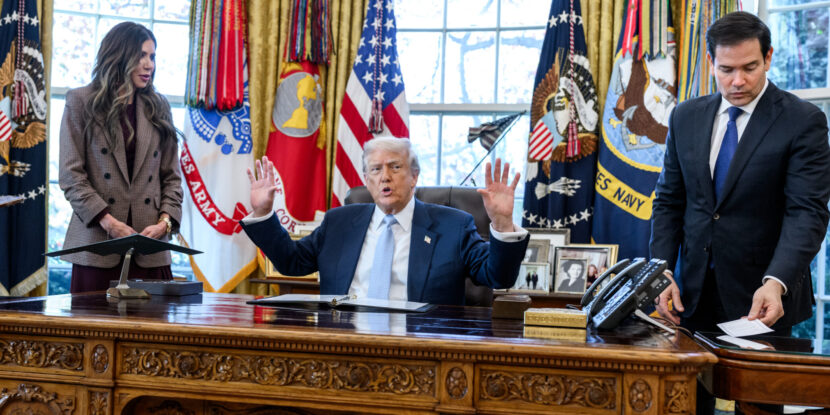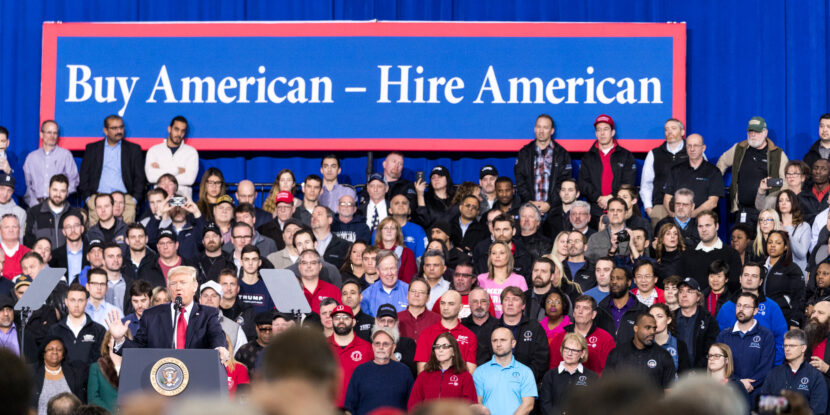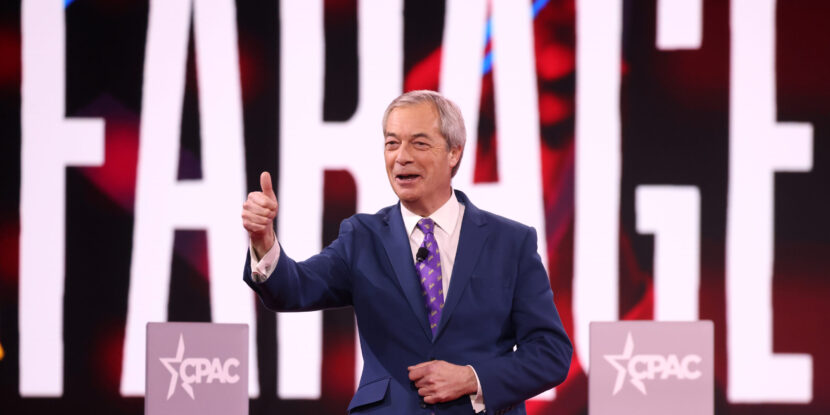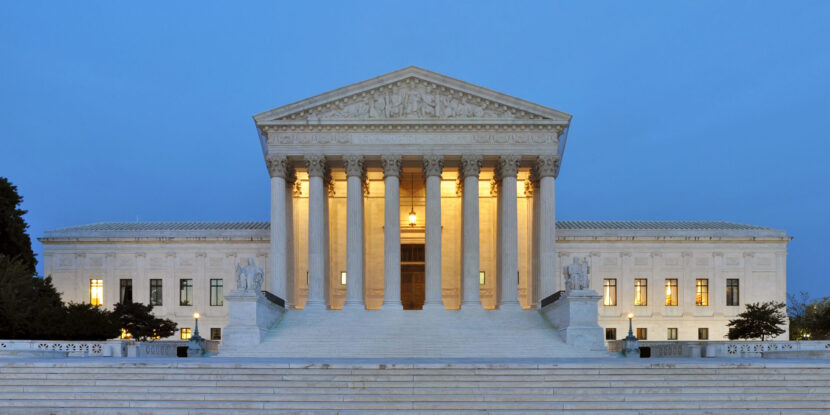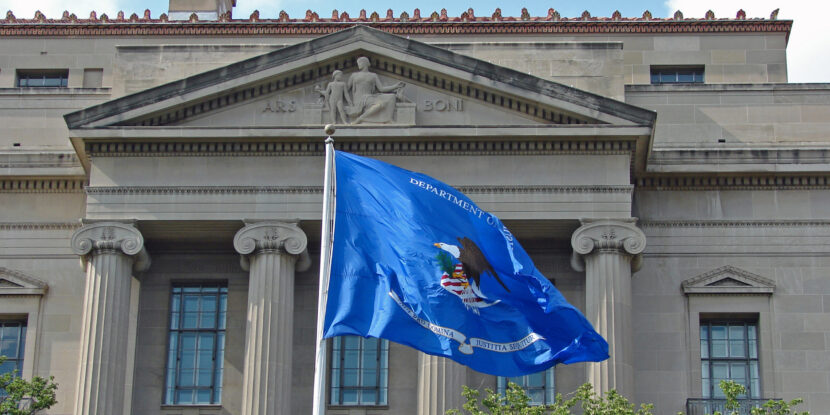PULSE POINTS:
❓What Happened: U.S. wholesale prices unexpectedly dropped in April, marking the first decline in over a year. Additionally, retail sales data released by the Department of Commerce show sales slowing in April. The numbers are further evidence that America is experiencing deflation, not inflation.
👥 Who’s Involved: U.S. Labor Department, U.S. Department of Commerce, President Donald J. Trump, and American consumers.
📍 Where & When: United States, with the data released on May 15, 2025, reflecting economic transactions from April 2025.
⚠️ Impact: The producer price index saw its largest drop in five years, and retail sales slowed, suggesting that the U.S. could be entering a deflationary cycle. The data could finally push the Federal Reserve to cut interest rates.
IN FULL:
New data released by the U.S. Department of Commerce suggests that the American economy is experiencing deflation, despite President Donald J. Trump’s detractors insisting his tariffs would cause a spike in inflation. Consumer retail spending dropped in April, partly because consumers frontloaded purchases ahead of President Trump’s reciprocal tariffs taking effect. However, the slowdown in retail purchases also suggests that there is ongoing downward pressure on demand, giving strong support to the idea that inflation has subsided but has been replaced by deflation.
Retail sales in April rose by only 0.1 percent after a surge in purchases in March, where sales rose by 1.7 percent. The minor positive growth was almost entirely buoyed by restaurant and bar purchases, with retail, hobby, and miscellaneous stores all reporting negative growth of over one percent. Gasoline sales at stations fell by half a percent.
The deflation signals in the retail sales numbers are further backed by a surprising Producer Price Index (PPI) number from April. The PPI, which measures price changes before reaching consumers, dropped 0.5 percent compared to March, according to data released Thursday by the U.S. Labor Department. This represents the largest monthly decrease since 2018.
Critics of President Trump’s tariffs predicted that the PPI would rise, fueled by higher tariff costs. This, they contended, would be a form of inflation. Notably, Federal Reserve Chairman Jerome Powell has taken a similar line, suggesting that the Federal Reserve has been hesitant to cut interest rates as they believe the Trump tariffs to be inflationary in impact—which has so far proven to be incorrect.
By not cutting interest rates at the last two Federal Open Market Committee (FOMC) meetings, the Federal Reserve likely made a grave error and may need to resort to emergency measures to head off a deflationary spiral, which could portend an economic recession.
Since the start of 2025, President Trump has repeatedly called on Powell and his colleagues at the Federal Reserve to reduce rates.
